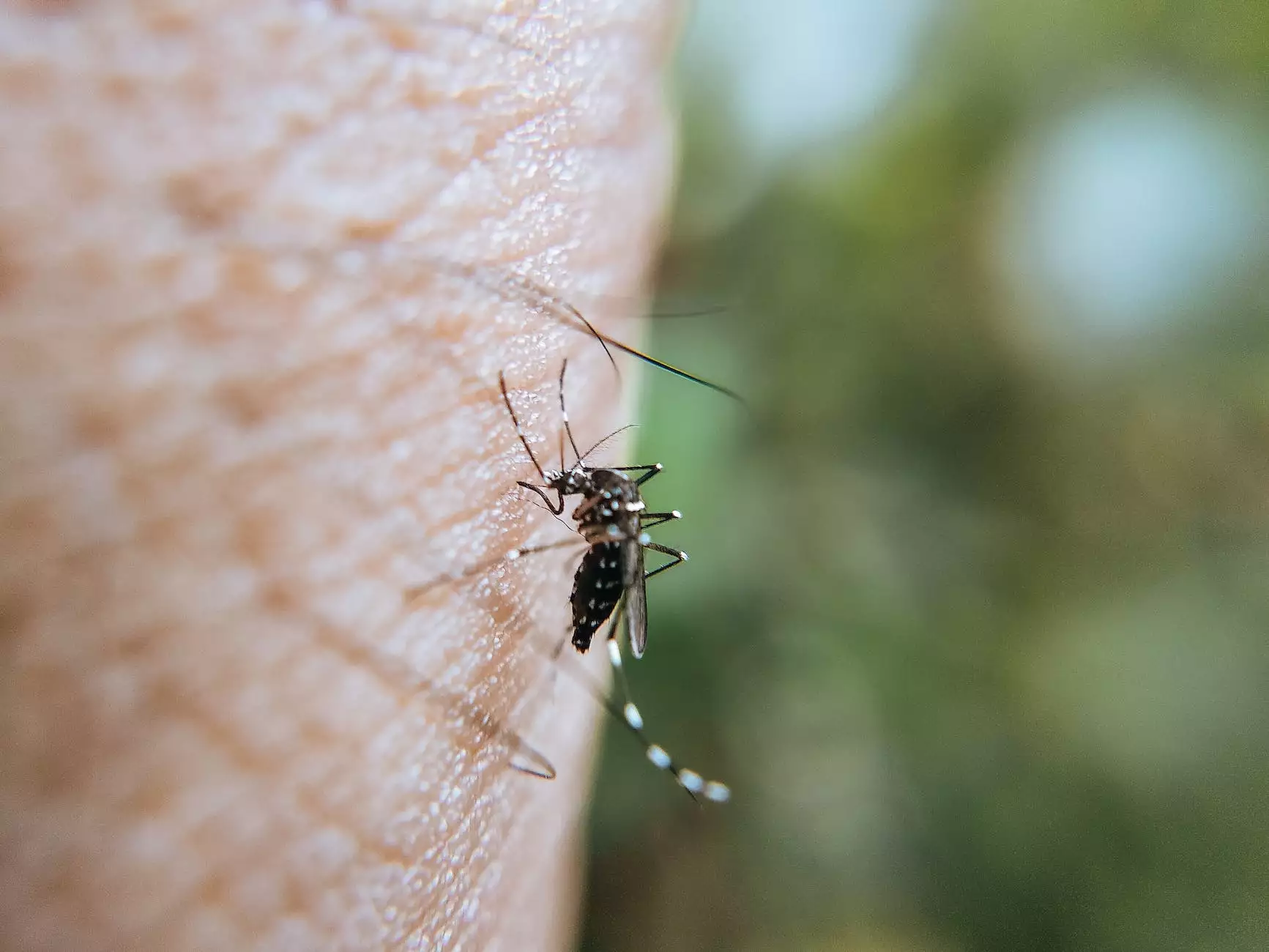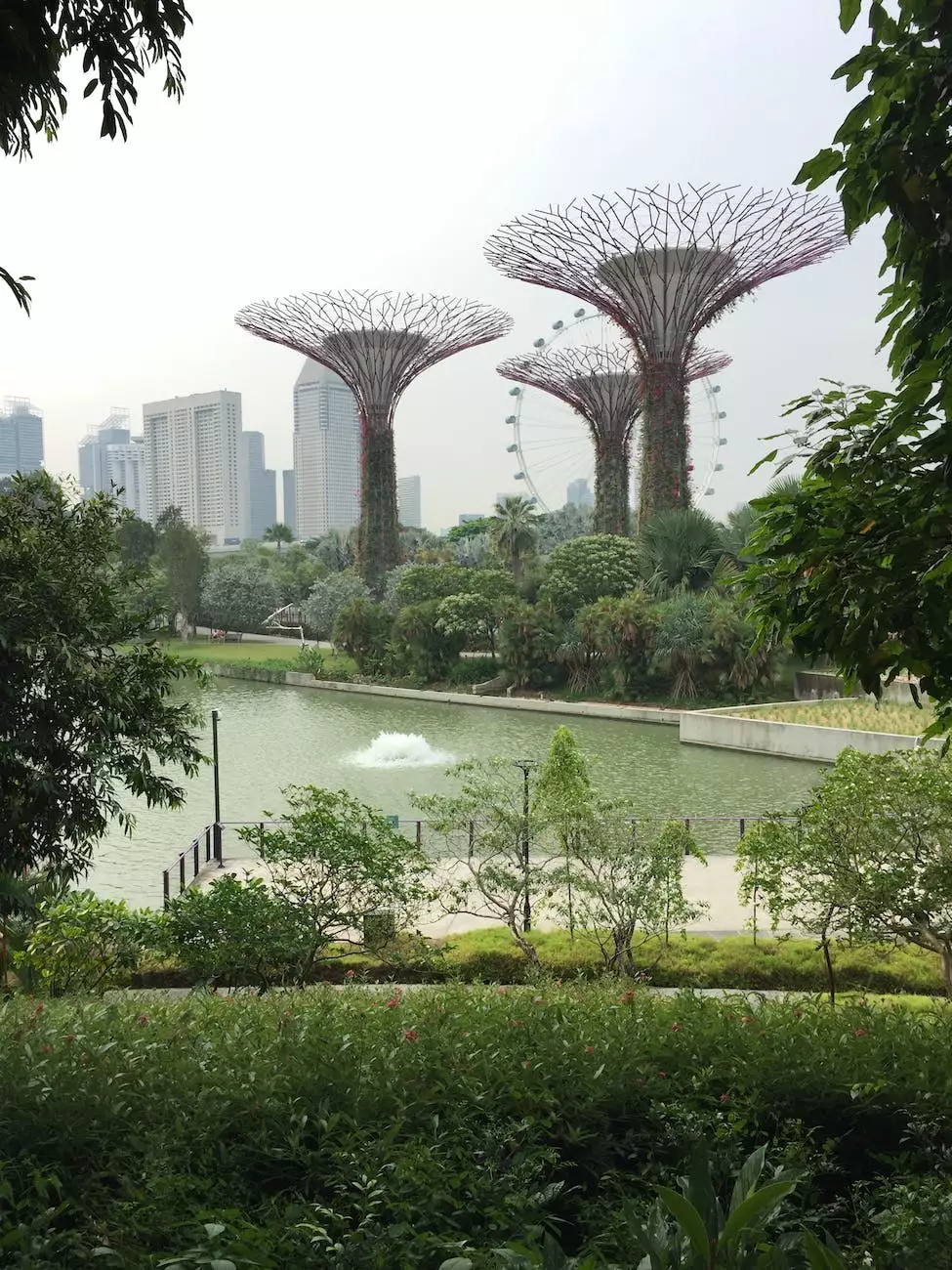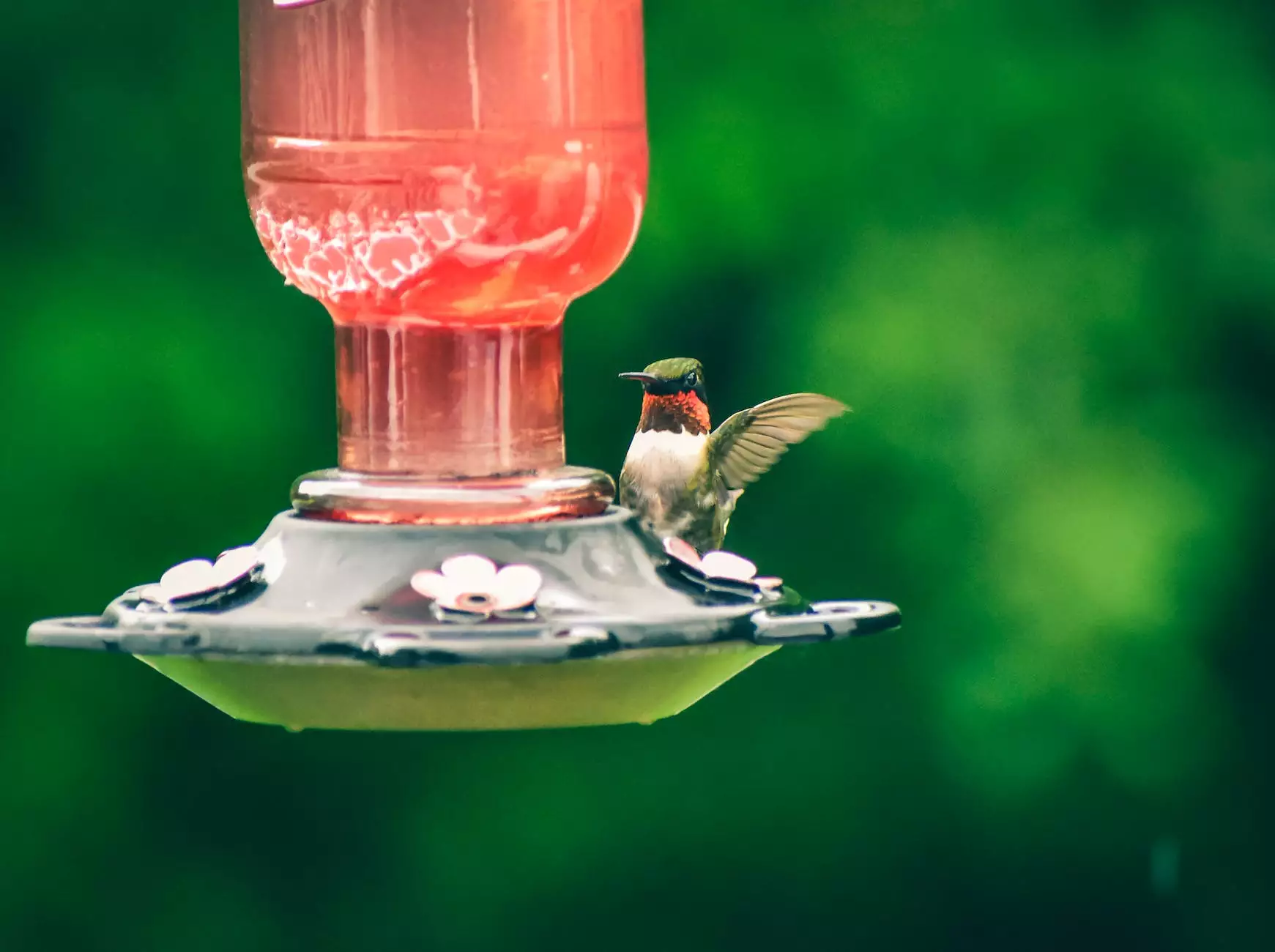MOSQUITOES IN THE GARDEN

Introduction
Welcome to American Pond & Gardens, your ultimate resource for all things gardening. In this comprehensive guide, we will explore the pesky issue of mosquitoes in the garden and provide you with practical solutions to combat their presence. With our expert tips and techniques, you can enjoy a mosquito-free outdoor haven.
Understanding Mosquitoes
Mosquitoes are small, flying insects that belong to the Culicidae family. They are notorious for their itchy bites and annoying presence in outdoor spaces. It's important to understand their behavior in order to effectively control and prevent their population in your garden.
Life Cycle
Mosquitoes go through four stages in their life cycle: egg, larva, pupa, and adult. Understanding these stages is crucial to implementing effective control measures.
Egg Stage
The female mosquito lays her eggs, known as egg rafts, on the surface of standing water. These eggs hatch within a few days, giving rise to mosquito larvae.
Larval Stage
The mosquito larvae, commonly referred to as "wigglers," inhabit standing water sources such as ponds, birdbaths, and even water-filled containers. Larvae actively feed and grow during this stage, molting multiple times before entering the next phase.
Pupal Stage
Following the larval stage, the mosquito pupae develop. Pupae do not feed but instead undergo transformation within the water. After a few days, adult mosquitoes emerge from the pupal case.
Adult Stage
Adult mosquitoes are the flying, biting insects that we often encounter in our gardens. Only female mosquitoes require a blood meal to reproduce, while males primarily feed on nectar. Female mosquitoes can lay multiple batches of eggs during their lifespan, contributing to the persistent presence of these pests.
Mosquito-Borne Diseases
Apart from their nuisance value, mosquitoes are also capable of transmitting various diseases to humans and animals. Some common mosquito-borne diseases include:
- Zika virus
- West Nile virus
- Dengue fever
- Malaria
- Chikungunya
It is crucial to take appropriate measures to protect yourself and your family from these diseases by controlling mosquito populations in your garden.
Preventing Mosquitoes in Your Garden
1. Eliminate Standing Water
Mosquitoes require stagnant water to complete their life cycle. By eliminating standing water sources in your garden, you can significantly reduce their breeding grounds. Regularly check and empty any containers, gutters, birdbaths, or other areas where water collects.
2. Maintain Your Pond
If you have a pond in your garden, it is essential to maintain its cleanliness and ensure proper circulation. Stagnant water in ponds can become a breeding ground for mosquitoes. Use pond aerators or water fountains to keep the water moving, preventing mosquitoes from laying eggs.
3. Use Mosquito Dunks
Mosquito dunks are biological control products containing a bacteria called Bacillus thuringiensis israelensis (Bti). These dunks release a toxin that kills mosquito larvae without harming other beneficial organisms in the water. Use mosquito dunks in ponds, rain barrels, or any other standing water sources to effectively control mosquito populations.
4. Implement Natural Mosquito Repellents
Consider planting mosquito-repelling plants such as citronella, lavender, or marigolds, around your garden. These plants emit natural scents that mosquitoes find repulsive. Additionally, using mosquito repellents containing DEET or picaridin can provide temporary protection against mosquito bites.
5. Install Bug Zappers or Traps
Use bug zappers or mosquito traps strategically placed around your garden to attract and eliminate adult mosquitoes. These devices work by emitting UV light or using attractants to lure mosquitoes, trapping them and preventing further reproduction.
6. Encourage Natural Predators
Promote the presence of natural mosquito predators, such as bats, dragonflies, and birds, in your garden. These creatures feed on mosquitoes and can help naturally control their populations. Create inviting habitats for these beneficial organisms by providing shelters, water sources, and suitable vegetation.
Conclusion
With the help of American Pond & Gardens, you can effectively combat the presence of mosquitoes in your garden. By understanding their life cycle, implementing preventive measures, and utilizing various control methods, you can create a mosquito-free sanctuary for yourself and your loved ones. Say goodbye to itchy mosquito bites and enjoy your outdoor space to the fullest.










